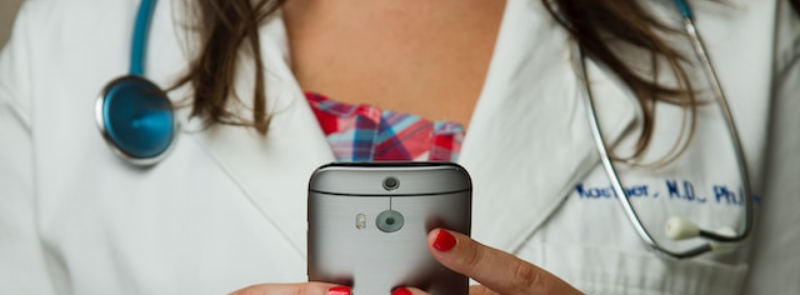
When It Occurs
Every April 14th
Official Website
Timeline
Days Passed (1045)
# Hashtags
#WorldChagasDiseaseDay #CarlosChagas
World Chagas Disease Day is an annual global health initiative observed on April 14th. The primary objective of this day is to heighten awareness and acknowledgment of the neglected tropical disease.
Chagas disease, caused by the parasitic organism Trypanosoma cruzi, impacts 6–7 million people worldwide. It is transmitted to humans and animals through insect vectors. Named after Brazilian physician Carlos Chagas, who identified it in 1909, the disease is exclusive to the Americas, particularly affecting rural regions of Latin America characterized by widespread poverty.
History and Background
- Date: April 14th
- Establishment: The day was designated by the World Health Organization (WHO) to raise awareness about Chagas disease and its impact on global health.
- Purpose: The observance aims to promote advocacy, education, and research efforts to control and eliminate Chagas disease.
Objectives
- Raise Awareness: Increase global awareness about Chagas disease, its transmission, symptoms, and prevention measures.
- Advocate for Action: Encourage governments, policymakers, and healthcare professionals to prioritize Chagas disease control and research.
- Support Affected Communities: Provide support and resources to communities affected by Chagas disease, particularly in endemic regions.
Key Facts about Chagas Disease
- Transmission: Chagas disease is primarily transmitted to humans through contact with feces of infected triatomine bugs (also known as kissing bugs), through blood transfusion, organ transplantation, or from mother to child during pregnancy.
- Symptoms: In its acute phase, Chagas disease may cause fever, fatigue, body aches, rash, and swelling at the infection site. In chronic cases, it can lead to serious cardiac and gastrointestinal complications.
- Prevalence: Chagas disease is endemic in Latin America, where it affects millions of people. However, due to migration, it has also become a global health concern.
- Treatment: Early diagnosis and treatment are crucial to prevent or reduce complications. Medications such as benznidazole and nifurtimox are effective, especially when administered early in the course of the disease.
Activities and Campaigns
- Public Awareness Campaigns: Organizations and health agencies run campaigns to educate the public about Chagas disease through media, workshops, and community outreach.
- Diagnostic Testing: Health organizations may offer free or subsidized diagnostic tests in endemic areas to identify cases early.
- Research Initiatives: Support research efforts to develop new diagnostic tools, treatments, and vaccines for Chagas disease.
- Policy Advocacy: Advocate for policies that support Chagas disease control programs and access to healthcare services for affected populations.
How to Get Involved
- Learn and Share Information: Educate yourself and others about Chagas disease, its symptoms, transmission, and prevention methods.
- Support Organizations: Donate to or volunteer with organizations working to control and eliminate Chagas disease.
- Advocate: Raise awareness among policymakers and healthcare providers about the importance of addressing Chagas disease as a public health priority.
- Promote Prevention: Encourage practices such as vector control measures, safe blood transfusion practices, and screening of pregnant women to prevent transmission.
Organizations Involved
- World Health Organization (WHO): Leads global efforts to combat neglected tropical diseases, including Chagas disease.
- Pan American Health Organization (PAHO): Provides technical cooperation and support to countries in Latin America and the Caribbean for Chagas disease control.
- Non-Governmental Organizations (NGOs): Organizations like the Drugs for Neglected Diseases initiative (DNDi) and the Chagas Coalition work to improve access to diagnosis and treatment for Chagas disease.
By recognizing World Chagas Disease Day, individuals and communities can contribute to global efforts to control and eliminate Chagas disease, improve access to healthcare for affected populations, and promote research to find better diagnostics and treatments.


